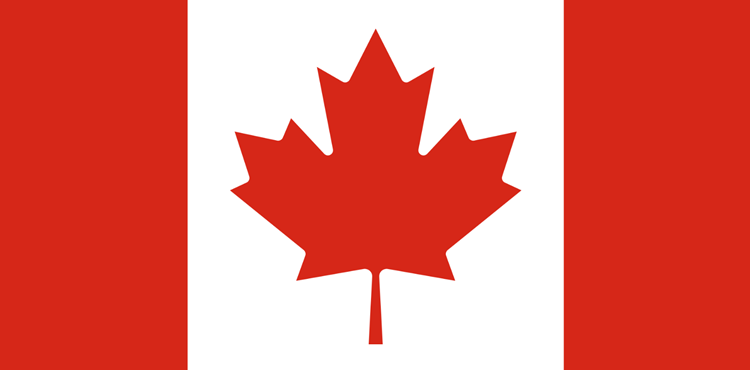Forex trading in Norway has witnessed a surge in popularity in recent years, driven by the country’s robust economy, technological advancements, and increasing participation in global financial markets. As a Scandinavian nation with a strong regulatory framework and a highly educated population, Norway presents both opportunities and considerations for investors looking to engage in forex trading. Let’s delve into the dynamics of forex trading in Norway and explore the factors shaping this dynamic market.
Understanding Forex Trading in Norway
Forex trading involves the buying and selling of currencies with the aim of profiting from fluctuations in exchange rates. In Norway, forex trading has become increasingly accessible to retail investors through various platforms, including online brokerages, banks, and mobile trading apps. The Norwegian krone (NOK) serves as the local currency, and its exchange rate is influenced by economic indicators, monetary policy decisions, and global market sentiment.
Opportunities for Traders
Norway’s strong economy, characterized by a high standard of living, low unemployment, and a robust welfare system, presents numerous opportunities for forex traders. The country’s status as a major oil exporter and its stable economic growth contribute to currency volatility, providing traders with opportunities to profit from exchange rate fluctuations.
Furthermore, Norway’s advanced technological infrastructure has led to the development of sophisticated trading platforms and tools, enabling traders to access real-time market data, advanced charting capabilities, and efficient trade execution.
Regulatory Environment
Forex trading in Norway is regulated by the Financial Supervisory Authority of Norway (Finanstilsynet), which oversees the activities of financial institutions, including forex brokers and investment firms. The regulator aims to maintain market integrity, protect investors’ interests, and ensure compliance with regulatory requirements.
Forex brokers operating in Norway are required to obtain a license from the Financial Supervisory Authority and adhere to strict regulatory standards. This includes implementing robust risk management practices, providing transparent pricing, and safeguarding client funds. By adhering to regulatory guidelines, forex brokers help maintain trust and confidence in the integrity of the forex market in Norway.
Challenges and Considerations
While forex trading in Norway presents opportunities for profit, it also comes with inherent risks. Exchange rate fluctuations can be volatile and unpredictable, leading to potential losses for traders. Moreover, geopolitical events, economic data releases, and central bank policies can impact currency markets, requiring traders to stay informed and adapt their trading strategies accordingly.
Furthermore, leverage amplifies both profits and losses in forex trading, necessitating disciplined risk management to mitigate downside risk. Traders must establish clear risk parameters, set stop-loss orders, and diversify their trading positions to protect their capital and maximize their chances of success.
Conclusion
Forex trading in Norway offers a dynamic and lucrative opportunity for investors to participate in the global currency markets. With its strong economy, advanced technological infrastructure, and robust regulatory framework, Norway provides traders with the tools and resources to succeed in forex trading.
However, navigating the forex market requires a thorough understanding of market dynamics, adherence to regulatory requirements, and disciplined risk management. By staying informed, employing effective trading strategies, and choosing reputable brokers, traders in Norway can capitalize on the opportunities presented by forex trading while mitigating associated risks.
 Anasayfa
Anasayfa Canlı Borsa
Canlı Borsa Borsa
Borsa Döviz Kurları
Döviz Kurları Altın
Altın Hisse Senetleri
Hisse Senetleri Endeksler
Endeksler Döviz Hesaplama
Döviz Hesaplama Döviz Çevirici
Döviz Çevirici Kredi Arama
Kredi Arama

































































































